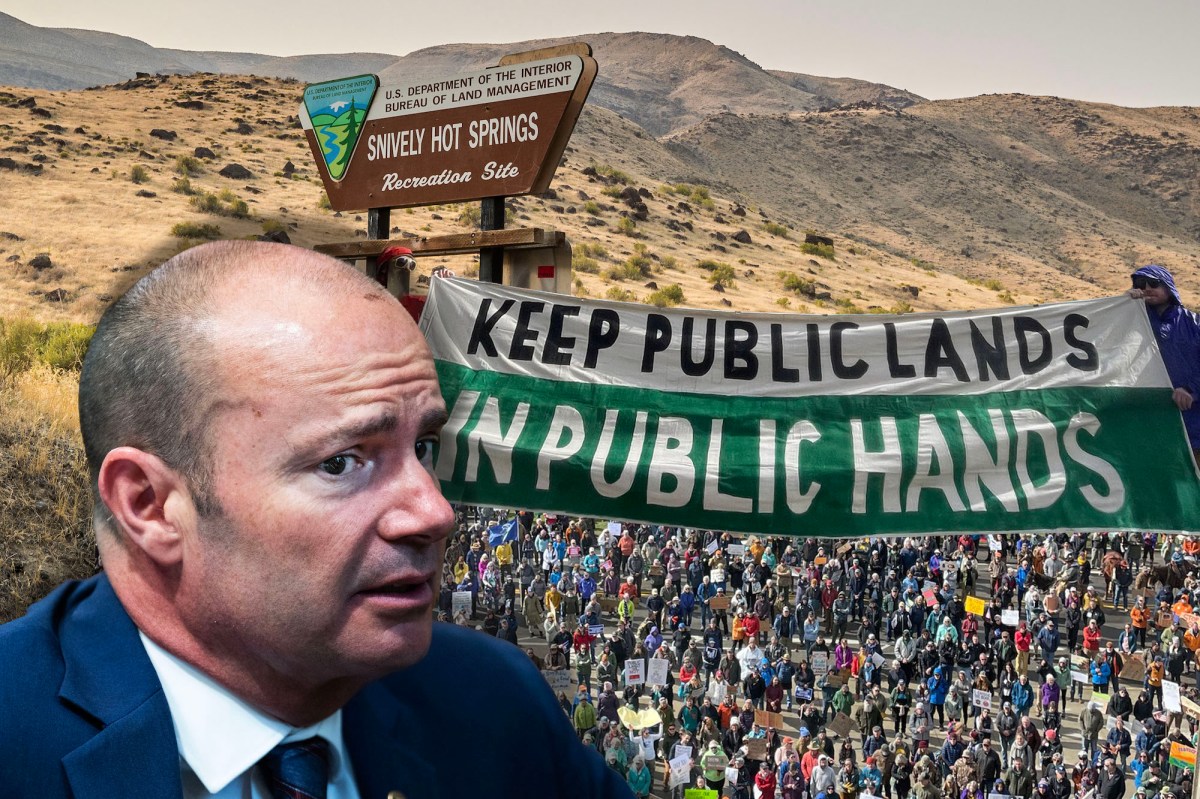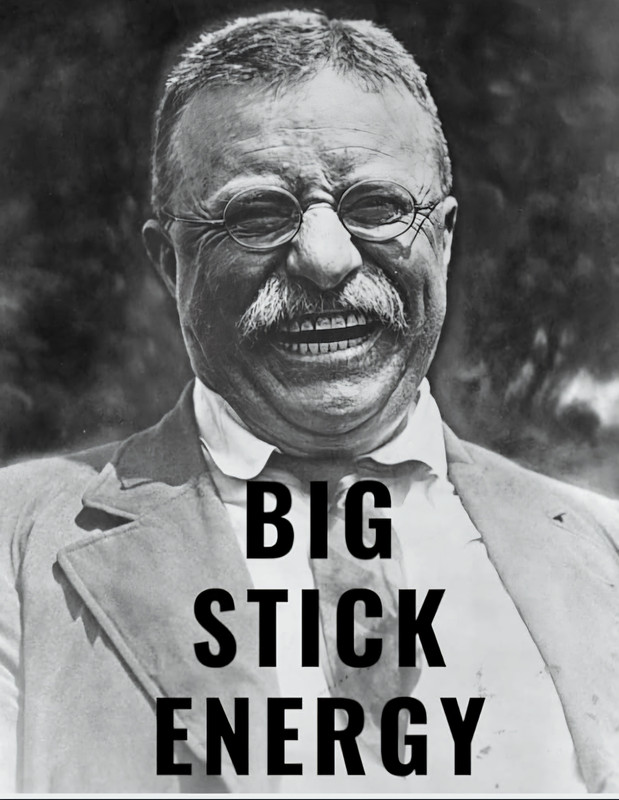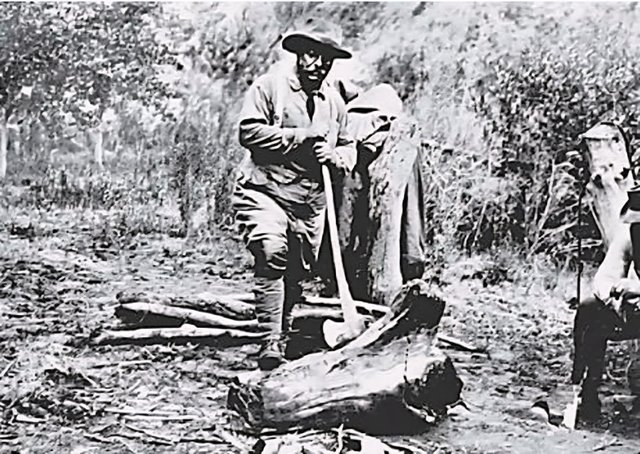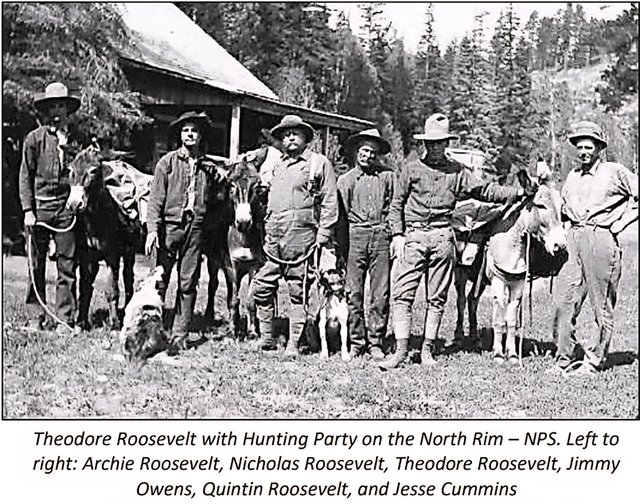- Joined
- Dec 1, 2020
- Messages
- 9,798
- Reaction score
- 41,447
TR smiles down on the nation from the heavens, his greatest legacy preserved for another generation of Americans.

 www.outdoorlife.com
www.outdoorlife.com

Facing overwhelming opposition from all Democrats and a growing number in his own party, Utah Republican Senator Mike Lee tonight withdrew his proposal to sell millions of acres of public land to help balance the federal budget.
Senate leaders, hurriedly working to get the budget to a floor vote this weekend, gave Lee the opportunity to pull his provision, pages 202 to 211 of the thousand-page Big Beautiful Bill, knowing that it would have faced certain defeat by the Republican-majority Senate. That language would have forced the sale of BLM land in 11 Western states to offset tax cuts and royalty rebates to gas and oil drillers.
The language in those pages, sponsored and revised over the last two weeks by Lee, would have created the largest disposal of public land since the Homestead Act. Tens of thousands of hunters, anglers, hikers, and public-land recreationists have pummeled the offices of their congressional delegations with increasingly strident demands to kill Lee’s bill.
That continued pressure from a broad and vocal coalition of rural hunters, suburban hikers, livestock producers, Main Street business owners, anglers, dirtbag climbers, and whitewater rafters made the difference, says Montanan Randy Newberg, host of Fresh Tracks and a vocal public-land advocate.
“Mike Lee did something that we’ve not been able to do, to have all Americans become focused on one issue, no partisanship, no Rs, no Ds, and in the process I hope they have sent a message that public lands are that third rail of American politics,” says Newberg, one of several social-media personalities who rallied his audience around defending public lands. “I think you could also say the same of the Senate, they put partisanship aside to kill this bad idea.”

Breaking: Mike Lee's Public Land Sale Plan Is Dead
Sources in Washington D.C. say the public-land provision in the Senate reconciliation bill is officially dead thanks to pressure from hunters and conservationists.
 www.outdoorlife.com
www.outdoorlife.com

Facing overwhelming opposition from all Democrats and a growing number in his own party, Utah Republican Senator Mike Lee tonight withdrew his proposal to sell millions of acres of public land to help balance the federal budget.
Senate leaders, hurriedly working to get the budget to a floor vote this weekend, gave Lee the opportunity to pull his provision, pages 202 to 211 of the thousand-page Big Beautiful Bill, knowing that it would have faced certain defeat by the Republican-majority Senate. That language would have forced the sale of BLM land in 11 Western states to offset tax cuts and royalty rebates to gas and oil drillers.
The language in those pages, sponsored and revised over the last two weeks by Lee, would have created the largest disposal of public land since the Homestead Act. Tens of thousands of hunters, anglers, hikers, and public-land recreationists have pummeled the offices of their congressional delegations with increasingly strident demands to kill Lee’s bill.
That continued pressure from a broad and vocal coalition of rural hunters, suburban hikers, livestock producers, Main Street business owners, anglers, dirtbag climbers, and whitewater rafters made the difference, says Montanan Randy Newberg, host of Fresh Tracks and a vocal public-land advocate.
“Mike Lee did something that we’ve not been able to do, to have all Americans become focused on one issue, no partisanship, no Rs, no Ds, and in the process I hope they have sent a message that public lands are that third rail of American politics,” says Newberg, one of several social-media personalities who rallied his audience around defending public lands. “I think you could also say the same of the Senate, they put partisanship aside to kill this bad idea.”







